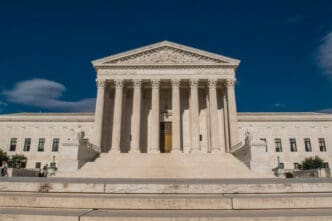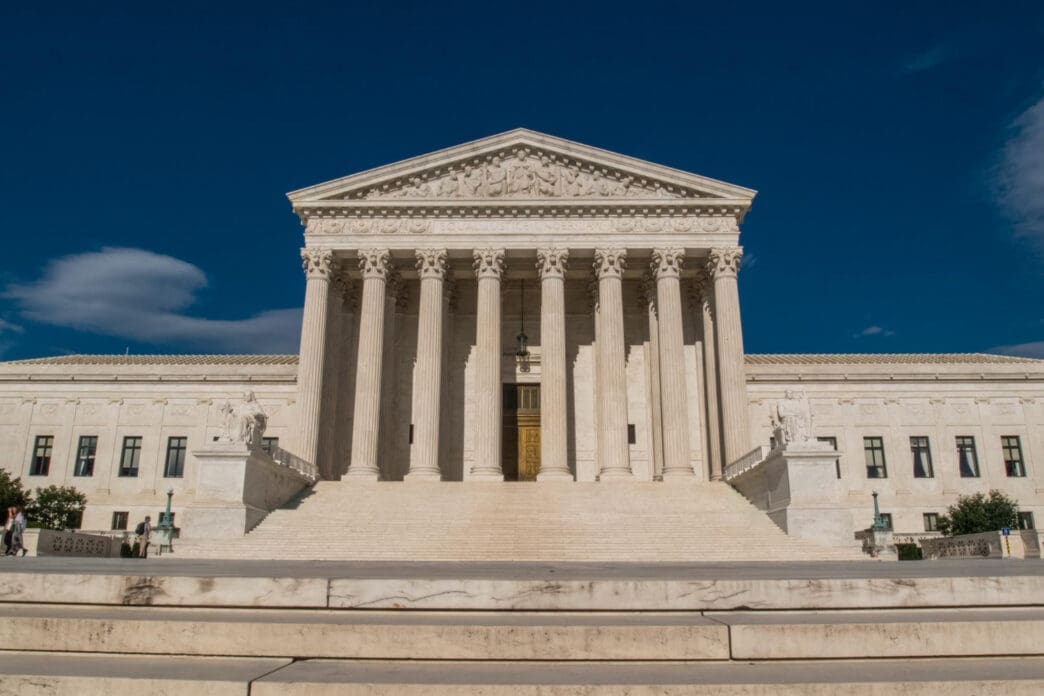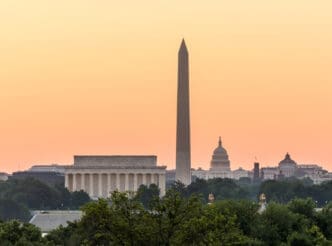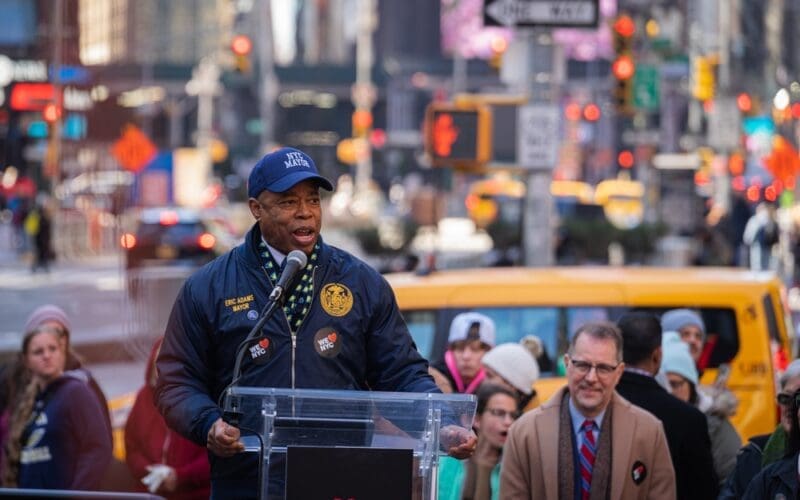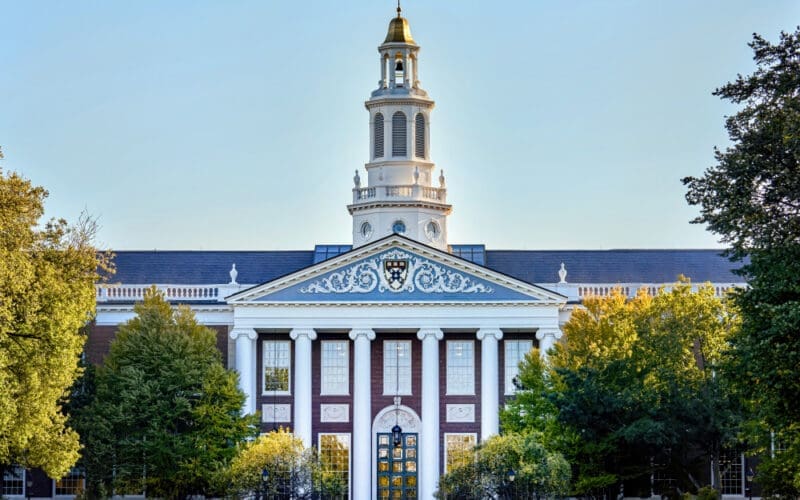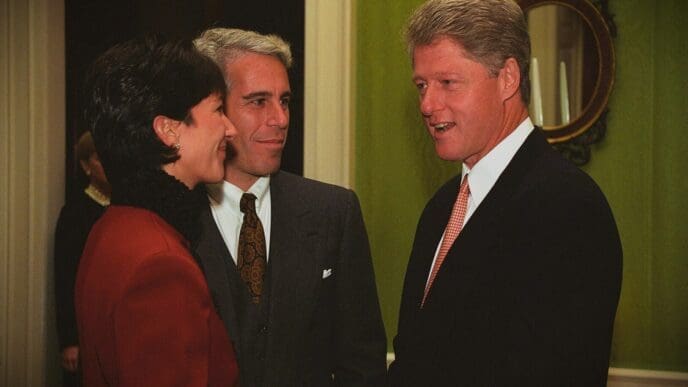Executive Summary
The Story So Far
Why This Matters
Who Thinks What?
Recent judicial decisions have presented significant obstacles to several of President Donald Trump’s prominent policies and executive actions, highlighting the federal judiciary’s role in scrutinizing the administration’s efforts to reshape the country. These rulings, spanning various federal courts, underscore the ongoing legal challenges to Trump’s agenda, often setting the stage for potential appeals to the Supreme Court.
Courts have consistently served as a key arena for opponents of President Trump’s policies. While the administration has secured some legal victories, particularly from the conservative-majority Supreme Court, numerous cases remain in progress, with final resolutions still pending. This judicial scrutiny contrasts with a Republican-controlled Congress that has largely allowed the president to govern as he deems appropriate.
Steve Vladeck, a CNN legal analyst and Georgetown University Law Center professor, noted the distinction between initial and more comprehensive court questions. Vladeck stated that the government is often losing these cases at later stages in lower courts, raising questions about their ultimate success before the Supreme Court. He emphasized that these outcomes would likely be determined “sooner rather than later.”
Key Judicial Rulings
Alien Enemies Act
In mid-March, President Trump invoked the Alien Enemies Act, an 18th-century wartime authority, to expedite the deportations of alleged members of a Venezuelan gang. While over 100 migrants were removed under this law, legal challenges initiated by the American Civil Liberties Union (ACLU) have since halted its use. A significant setback occurred when the 5th US Circuit Court of Appeals ruled that President Trump unlawfully invoked the 1798 law, which has historically been applied only during declared wars, to target a foreign gang. This decision is expected to lead to a Supreme Court challenge.
Tariffs
Last week, a federal appeals court in Washington, D.C., invalidated many of President Trump’s tariffs, determining he had unlawfully relied on emergency powers to impose the import taxes. This decision from the Federal Circuit is closely watched due to the tariffs’ global trade impact and their central role in the president’s economic strategy. The tariffs currently remain in effect, as the court delayed its order’s implementation until October, with President Trump indicating an appeal to the Supreme Court.
National Guard Deployment in California
President Trump’s June decision to deploy federalized members of California’s National Guard and US Marines to the Los Angeles area, in response to protests related to his immigration policies, prompted a swift legal challenge from Governor Gavin Newsom. Initially, US District Judge Charles Breyer in San Francisco ruled in favor of the Democratic governor, finding President Trump unlawfully called up the guardsmen and ordering their control to be relinquished. Although a federal appeals court later reversed this specific ruling, litigation over the troops’ deployment continued. On Tuesday, Judge Breyer again ruled that President Trump and Defense Secretary Pete Hegseth had unlawfully used these troops for domestic law enforcement activities in the Los Angeles area, a decision President Trump has appealed.
Birthright Citizenship
President Trump’s executive order aiming to end birthright citizenship has faced numerous legal hurdles this year. Federal judges have repeatedly struck down the controversial policy as unconstitutional, blocking it nationwide. However, in June, the Supreme Court instructed several lower courts to re-examine their nationwide injunctions for potential overbreadth, without addressing the legality of the order itself. Despite this, courts have largely maintained their stance or issued new rulings that continue to keep President Trump’s policy on hold across the country. The Justice Department indicated last month its intention to take one or more of these birthright citizenship cases back to the Supreme Court for a constitutional determination.
Lawsuit Against Maryland Judiciary
This summer, President Trump also challenged the federal judiciary’s power by suing Maryland’s entire federal bench in an unprecedented move to limit court authority in fast-moving immigration cases. The lawsuit targeted a rule by the District Court of Maryland’s chief judge, which would automatically and temporarily block the administration from removing an immigration detainee who had challenged their removal in court. A federal judge from Virginia ultimately rejected President Trump’s lawsuit in late August, ruling that the government lacked standing and that the Maryland judges were immune from such executive branch suits. The administration is appealing this ruling.
These recent court rulings collectively demonstrate the federal judiciary’s ongoing and active role in reviewing and, at times, impeding President Trump’s policy initiatives and executive actions. The consistent legal challenges and subsequent judicial decisions highlight the judiciary’s function as a significant check on presidential power, often setting the stage for ultimate resolution by the Supreme Court.

